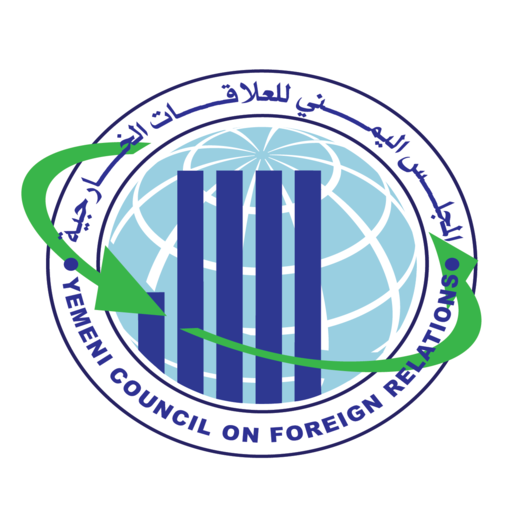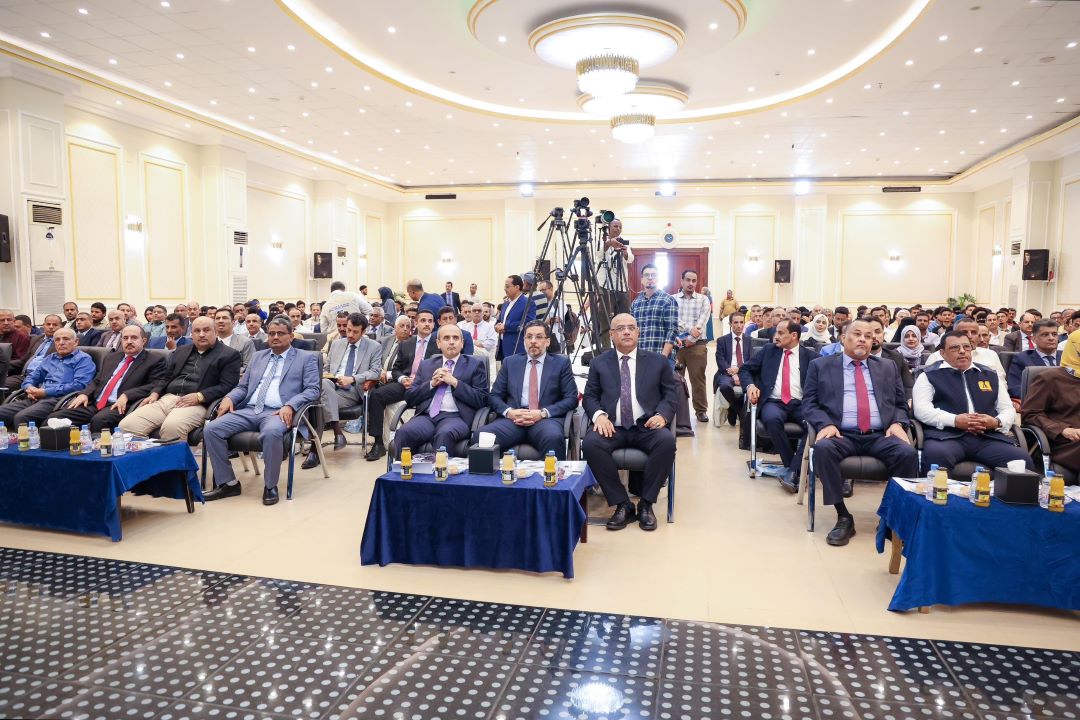Source: Prime Minister’s Office
On Monday, in the temporary capital Aden, Prime Minister Dr. Ahmed Awad bin Mubarak inaugurated a project to equip 12 community colleges in the Republic of Yemen, funded by the Kuwait Fund for Arab Economic Development, at a cost exceeding $57 million.
The project, which the government has recently worked on to resolve the issues obstructing its implementation since the loan agreement was signed in February 2012, includes equipping community colleges in Aden, Taiz, Marib, Al Dhale’e, Shara’b, Al-Hujar, Seiyun, Socotra, Amran, Abs, Al-Shihr, and Shabwah.
During the launch event held under the slogan “For a Qualified and Productive Youth,” the Prime Minister delivered a speech outlining the government’s efforts to solve the problems that had stalled this project, as part of its ongoing efforts to mobilize stagnant loans and aid from development funds for high-value developmental projects and investment programs. He emphasized that among his five priorities since taking office is to maximize the use of available financing to support the Yemeni people.
Dr. Ahmed Awad bin Mubarak highlighted the reasons for the delays in several projects, whether technical, administrative, financial, security, or otherwise, and outlined the approach to deal with these issues, proposing solutions to overcome these obstacles, particularly for vital issues like roads, bridges, sanitation, etc. He mentioned that there are 76 stalled projects worth over $5 billion, with 24 projects delayed for technical and administrative reasons, and 41 of these projects are in the liberated provinces. He pointed out that in 2006, Yemen’s capacity to absorb commitments was only 37%, a low rate that needs responsible action to address despite the current exceptional challenges.
The Prime Minister stressed the necessity of responsibly addressing the issue of project implementation delays and rising to meet the challenges and aspirations, noting that this project represents a beacon of hope and a model to build upon in managing stalled projects. He indicated that when state institutions operate in an integrated and cohesive manner, they can achieve success.
He mentioned that this project, which will involve equipping laboratories in colleges for more than 26 medical, engineering, and technical specialties, is a scientific and technological revolution, unprecedented in the history of the Republic in terms of the geographical scope covered or the number and quality of the programs it will offer. He explained that the establishment of technical community colleges in the early nineties is part of aligning higher education outputs with development requirements and labor market needs.
Dr. Ahmed Awad bin Mubarak affirmed the government’s belief that technical community colleges play a crucial role in economic and social life, being one of the main tools for human resource development and essential mechanisms for fighting poverty and achieving sustainable development. He said, “This type of education creates many job opportunities across various economic sectors, thus, this education must be characterized by flexibility and rapid development to keep up with economic, social, and technological changes and the information revolution.”
He highlighted that providing adequate funding for such educational projects would enhance job opportunities for the youth, work towards eradicating poverty and unemployment, and thus engage youth in development instead of turning towards violence, extremism, and terrorism.
He added, “No matter how much money is spent on education, it is always a profitable investment, and undoubtedly much less than what we might spend addressing the social, political, and security problems arising from youth being drawn to extremist and terrorist ideologies and armed violent groups.”
The Prime Minister called on community college deans to focus on improving technical education outcomes and developing academic programs, directing the Supreme Council of Community Colleges to oversee the educational process, especially medical specialty programs, and regulate the expansion of opening new colleges, whether private or government, only after ensuring the necessary requirements for establishing such colleges, particularly labs and academic staff, are available. He confirmed the government’s support for developing curricula in technical community colleges according to academic accreditation programs and working towards establishing an academic accreditation authority for technical specialties to complete curriculum development and describe course content across all technical specialties.
Dr. Ahmed Awad bin Mubarak reviewed the government’s ongoing efforts to counter the economic crisis resulting from the ongoing economic war launched by the Houthi militias, targeting Yemen’s most significant revenue source, oil, which greatly affects economic stability and contributes to the rapid decline of the national currency’s exchange rate. He noted that we are still living under Houthi aggression aiming to destabilize economic and social stability and exacerbate citizen suffering, emphasizing work on implementing necessary reforms to restore economic stability, ensure the continuation of essential services for citizens, and mitigate the impacts of this crisis on daily life.
The Prime Minister praised the inauguration of the community colleges equipping project and urged the Ministry of Higher Education and Technical Education to follow up on completing the project within the specified time frame.
He commended the brotherly roles of Kuwait and its fraternal stances in support of the Yemeni people over past decades and the effective impact of its projects in vital sectors, expressing hope to soon witness the inauguration of Sheikh Salem Al-Sabah Community College project on Socotra Island.

